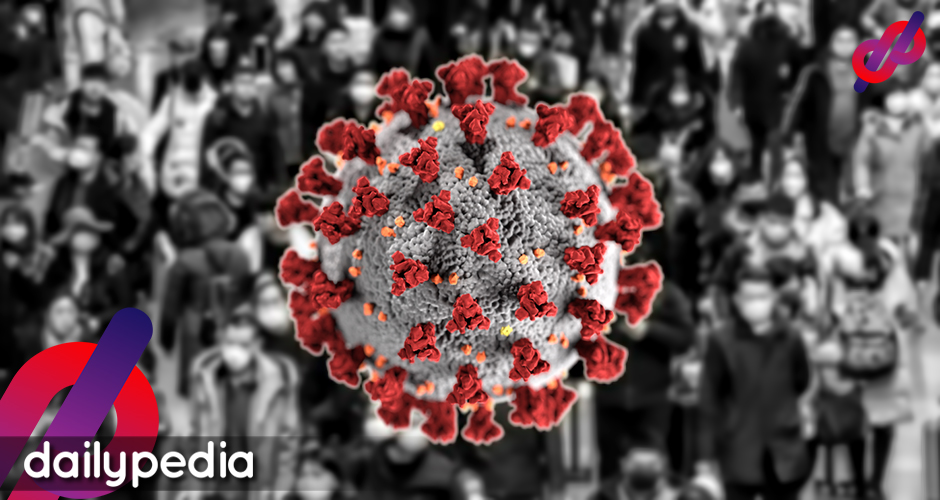University of the Philippines (UP) experts do not like the idea of the government easing ECQ restrictions in certain areas when mass testing is still much needed.
UP political science assistant professor Ranjit Rye said relying on the current COVID-19 data is dangerous because the Philippines hasn’t really done sufficient testing.

“We are very strongly against opening up of certain cities within Metro Manila given the fact that the data shows numbers are still escalating over Metro Manila,” he said in a Dobol B sa News TV interview on Monday.
“Fifty days po tayong wala masyadong testing. Ngayon pa lang po tayo nagtetesting. Kapag nakuha na ‘yun saka tayo mag-isip ng mga innovative ideas na ‘yan,” he added.
COVID-19 testing in the country has a 38% delay, said UP Institute of Mathematics professor Guido David.
“Kaya medyo dangerous to make these assessments based sa real time kasi may delay ‘yung data natin,” David said during the interview.
Rye points out that other countries have tested 30 to 50% of their population, and the Philippines hasn’t even come close to that.
Cebu just saw a spike in confirmed cases when measures were relaxed, and Rye said it could happen in certain areas on a much larger scale.
“Nama-manage natin siya somehow. Magkamali tayo ng desisyon, puwede tayong lumabas na Cebu,” Rye said.
The “flattened curve” only means the rate of transmission is lesser but is not indicative of the cases reaching the apex.
“We are not yet in the worst of situation,” he said.
The only way to shorten the duration of ECQs in various areas is to conduct mass testing, and to listen to epidemiologists.
David also thinks that the “flattened curve” is only “theoretical.”
“’Yung formal definition ng flattening of the curve, ibig sabihin niya kapag napapabagal na natin ‘yung rate of transmission, na-flatten na natin ‘yung curve.
“Essentially, ‘yung net ng positive sa disease, ‘yung mga nahawa minus ‘yung mga gumaling—‘yun ‘yung net number of cases. So ‘yung net number ng cases ay zero or negative na, essentially, na- flatten na talaga siya,” he said.
10 cities out of the 17 local government units in Metro Manila are already slowing down the increase of COVID-19 cases, from two to three days to five days, said Department of Health–National Capital Region (NCR) regional director Corazon Flores said on Monday.
“Ibig sabihin, gumaganda na po ‘yung sitwasyon sa Metro Manila,” she said.
In his hour-long address taped on Monday, Pres. Rodrigo Duterte said that as some areas of the country shift from ECQ to GCQ, “new normal” rules will remain in place to ensure the COVID-19 cases will not spike as stay-at-home rules are eased.
Presidential Spokesperson Harry Roque announced in a conference on Tuesday, Metro ,Manila, Laguna province, and Cebu City will be placed under “modified” enhanced community quarantine from May 16 to May 31, 2020. He explained the threat of COVID-19 is still present in these three high-risk areas, but some rules will be relaxed to slowly open up the country’s economy.


